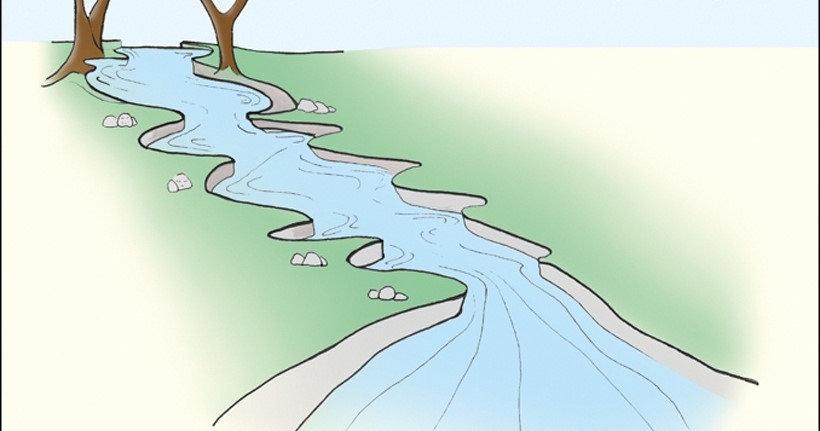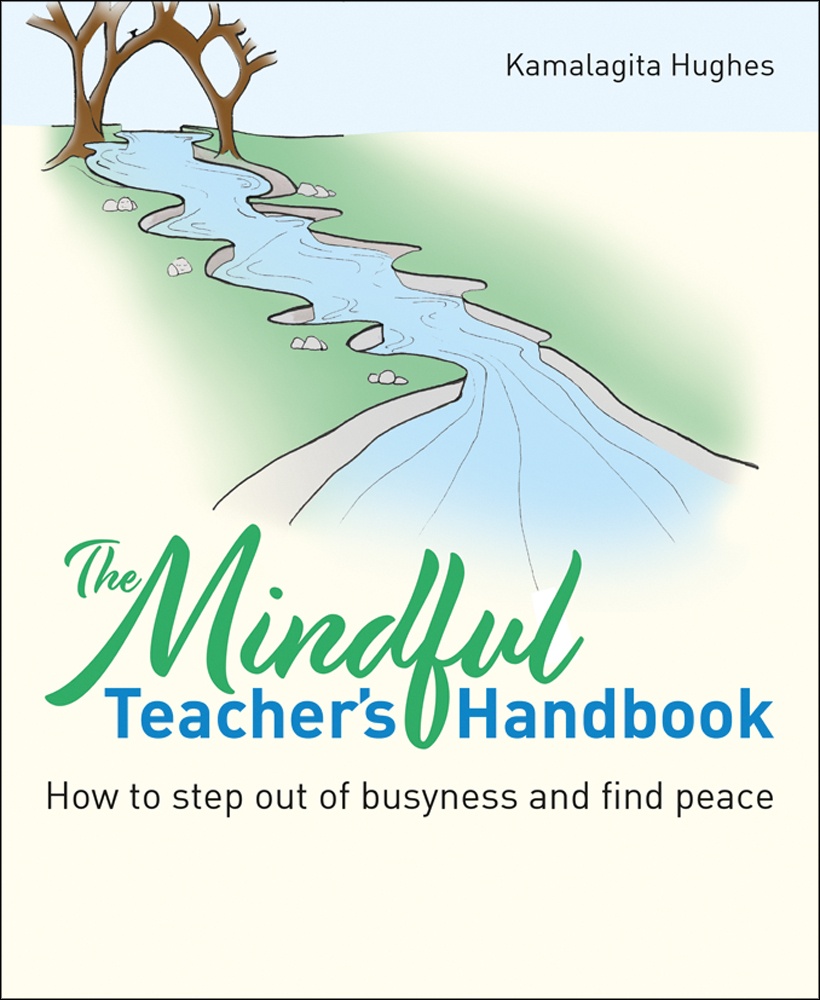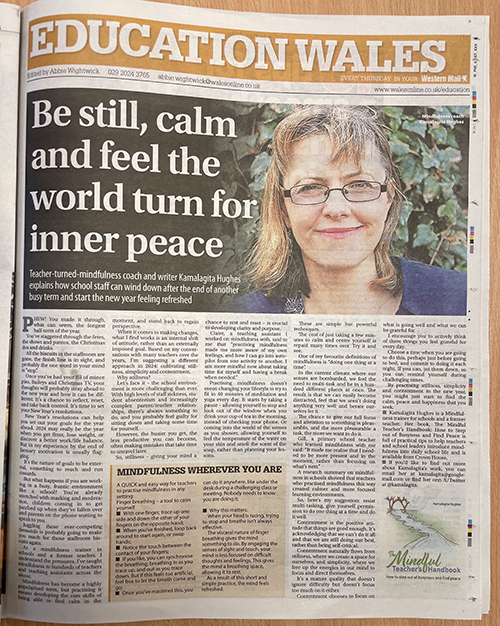Perfilado de sección
-
When: Tuesday 23 January 2024, 7:00 - 8:30pm (UK Time)
Where: Online via Zoom
Host: Kamalagita Hughes
In the UK the education system is in crisis. School staff are very stressed and have little time for their wellbeing. The Department of Education this year stated that 40,000 teachers left the profession last year due to other reasons than retirement and At any given time more than half of teachers in the UK are considering leaving the profession due to stress and poor health. The figures are higher for educational leaders. Pupil attendance is at an all-time low and schools are struggling to meet the mental health needs of the students that have been exacerbated by the pandemic.
How can Mindfulness help? Research shows that Mindfulness helps create the ‘weather’ in the classroom- the atmosphere or mood for learning. Whilst Mindfulness isn’t a panacea the evidence shows that if staff practice mindfulness themselves, they help create more ‘calm and focussed learning environments.’ [1] And that’s even if they don’t pass on mindfulness skills to their pupils.
Drawing off the ideas in my book, “The Mindful Teacher’s Handbook,”(https://www.crownhouse.co.uk/the-mindful-teachers-handbook) I’ll discuss how teachers can find time in their busy lives to practice mindfulness, the need for adaption of mindfulness-based teaching and reflect on the significant Myriad report. The session will include pausing and practicing as well as time for Questions and Answers.
Professor Kathrine Weare on The Mindful Teachers Handbook:This is an easy-to-follow, practical, and useful handbook for busy teachers, written by someone who clearly understands both mindfulness and the pressures of the classroom and staffroom. What is particularly novel and helpful is the application of mindfulness practice to the everyday and potentially difficult experiences all teachers will know well, such as transitions, the dreaded inspections, and meeting with challenging parents and colleagues.
 and school leaders
and school leaders
 From Western News: 21/12/23
From Western News: 21/12/23